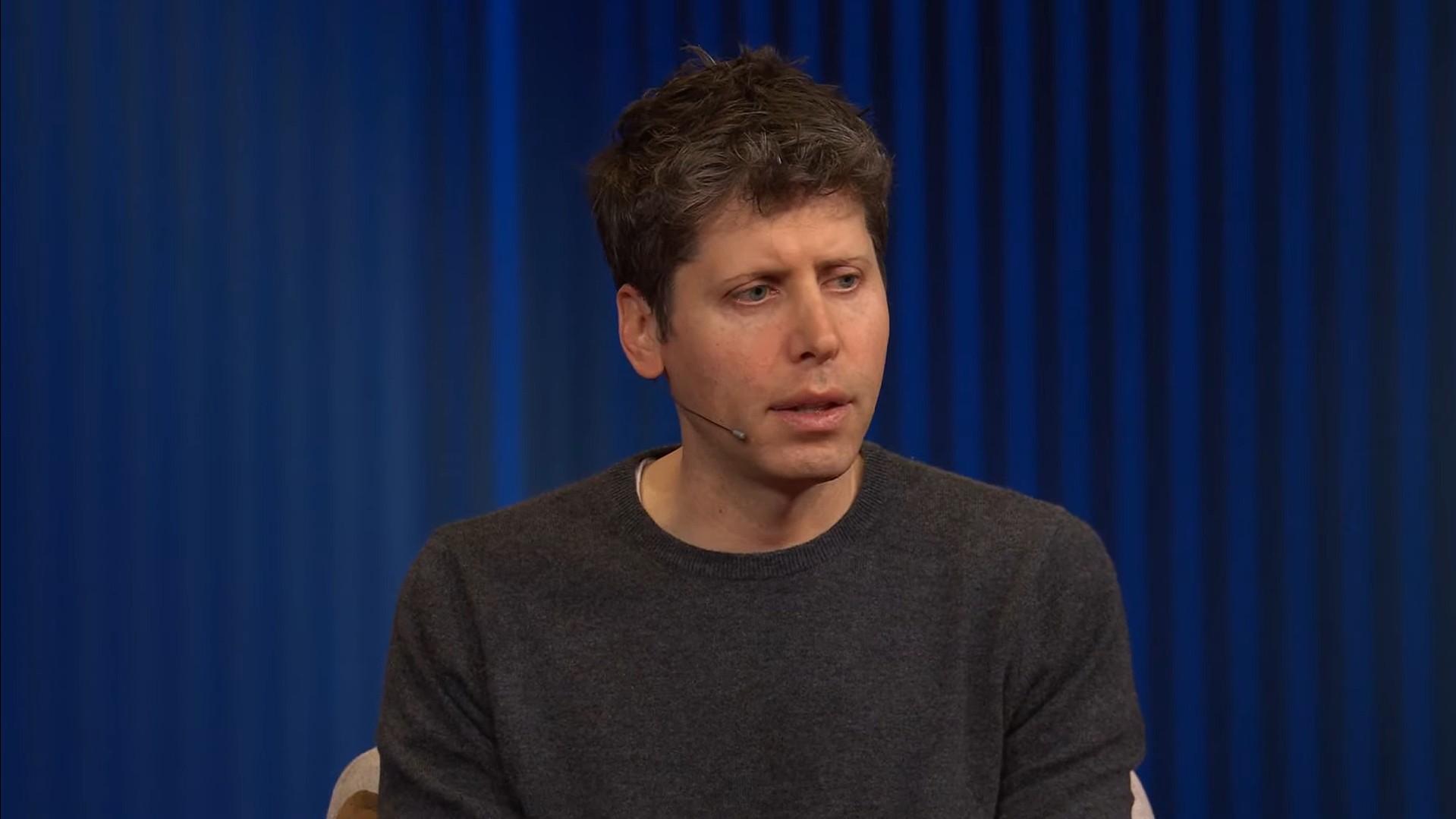Critics welcome OpenAI’s compromise but raise questions about long-term governance and ownership.
OpenAI has announced it will no longer pursue a full transition to a for-profit company. Instead, it will restructure its commercial arm as a public benefit corporation (PBC), retaining oversight by its nonprofit board.
The move comes after discussions with the attorneys general of California and Delaware, and growing concerns about governance and mission drift. The nonprofit board—best known for briefly removing CEO Sam Altman—will continue to oversee the company and appoint the PBC board.
Investors will now hold regular, uncapped equity in the PBC, replacing the previous 100x return cap, a change designed to attract future funding. The nonprofit will also gain a growing equity stake in the business arm.
In a message to staff, Altman said OpenAI remains committed to building AI that benefits humanity and sees this structure as the best path forward. Critics, including former staff, say questions remain about technology ownership and long-term priorities.
At the same time, Meta is positioning itself as a major rival. It recently launched a standalone AI assistant app, powered by its Llama 4 model and available across platforms including Ray-Ban smart glasses. The app includes a social Discover feed, encouraging interaction with shared AI outputs.
OpenAI’s new structure attempts to balance commercial growth with ethical governance—a model that may influence how other AI firms approach funding, control, and public accountability.
Would you like to learn more about AI, tech and digital diplomacy? If so, ask our Diplo chatbot!
